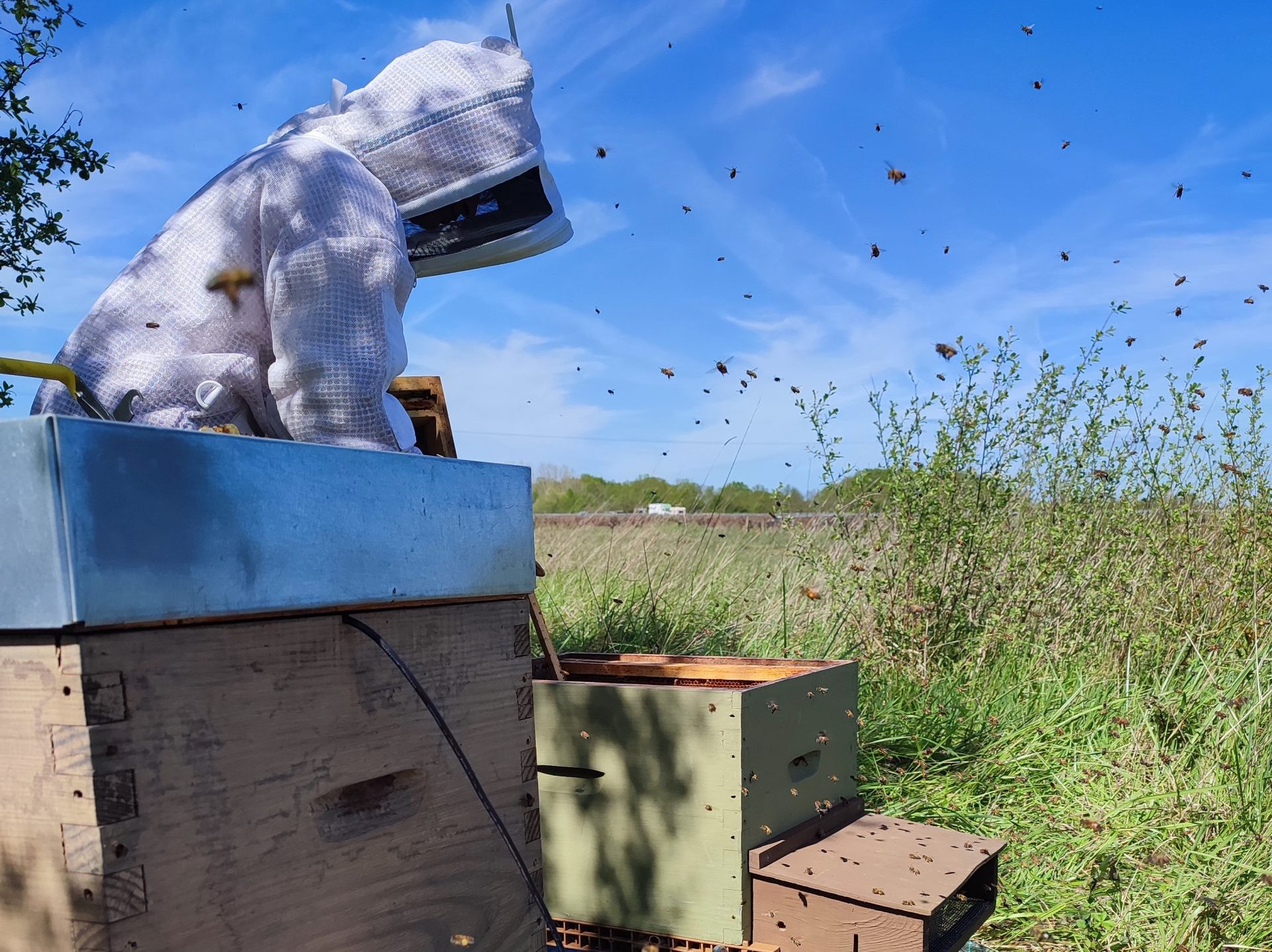A few months ago, I discussed the growing integration of AI-enabled robots in agriculture at the 1st International Workshop on Worker-Robot Relations, organised by the Delft University of Technology (NL). It was an opportunity to reflect on the emerging ‘Agriculture 4.0’ era, marked by precision farming and cutting-edge digital technologies, which promise remarkable gains in efficiency and productivity. However, it’s paramount that this field of innovation is underpinned by a conceptualization ensuring a harmonious and sustainable balance between farmers, robots, and nature. Conceptual Engineering provides a method to reconsider and refine our understanding of the farmer-robot-nature dynamic, allowing the application of new concepts and mental frameworks to agricultural innovation. This approach involves critically assessing and adjusting the concepts that shape our worldview and those of companies, engineers, and researchers developing new technologies in this sector.
If we start by assessing concepts already in use, we notice how it is often highlighted that today’s digitalization can distance farmers from nature, reducing the latter to a mere resource for exploitation. However, this perspective fails to address the link between agricultural technological advances and the rise of monocultures at the expense of microcultures, observed over the last century. Nowadays, the exceptional precision and processing power of agricultural robots can potentially reverse this trend, making ecological methods such as “pixel cropping” and intercropping feasible and profitable on a large scale. Instead, The concepts in use are inadequate for understanding the direction of Agriculture 4.0 in these terms, as the digitization of crops and livestock and their delivery to farmers as data sets occur equally in monocultures managed by intelligent systems and in high-tech polycultures.
I thus wanted to propose a reconceptualization that considers the possibility of a virtuous co-evolution of AI-driven robots and diversified agricultural landscapes. This is based on the new opportunities provided by recent data analysis technologies and machine learning to integrate different natural perspectives through biomonitoring. That means using sensors and cameras to monitor bioindicators, such as honeybee colonies, that can offer reliable insights into ecosystem health. By developing technologies that monitor and respond to these indicators – and which are thus more effective and precise, the greater the diversification among the sources of these data – we can promote biodiversity and environmental health as a pivotal ingredient of the AI-driven and robotic innovation in agriculture.
In this proposal, however, robots should rely not just on biomonitoring sensors, such as technological beehives, but also on the farmer for their human judgement and ethical oversight. Farmers, with their intimate knowledge of the land, are uniquely positioned to guide the application of robotic technologies. Their expertise can navigate complex moral questions, such as defining ‘good farming’ and balancing productivity with sustainability. This collaborative approach ensures that technological advancements are rooted in real-world ethics and practical wisdom, underscoring the irreplaceable role of farmers in the future of agriculture.
Looking forward, redefining our conceptual framework is crucial for the future of agriculture. Integrating bioindicators and human moral agents into the development and deployment of agricultural robots can steer innovation toward diverse and ethically responsible practices. This shift addresses challenges like feeding a growing population and mitigating climate change while preserving our natural environment’s integrity. In conclusion, while AI and robotics offer immense potential for transforming agriculture, guiding these advancements with ethically driven conceptual engineering ensures they enhance rather than undermine the farmer’s role, while giving a new voice to the natural environment.
If you want to explore this issue more in-depth, you can find the complete article presented at the workshop here (and the link to the conference here).
About the writer
Marco Innocenti is a researcher at Beefutures and a PhD candidate at the Panthéon-Sorbonne University and at the University of Milan, where he is part of “PhilTech – Research Center for the Philosophy of Technology”. He is a Visiting PhD candidate at the Philosophy Group at Wageningen University and Research (NL), among the world leaders in Agricultural and Environmental Sciences.
In his doctoral thesis in Ethics of Technology, he investigates how the possibilities opened up by AI-driven automation in beekeeping redefine the role and concept of ‘nature’ in Responsible Innovation. This reflection aims to indicate guidelines for ethical innovation in AgriTech R&D labs. In this series of articles, he summarizes his research for the interest of experts and enthusiasts in this field.



